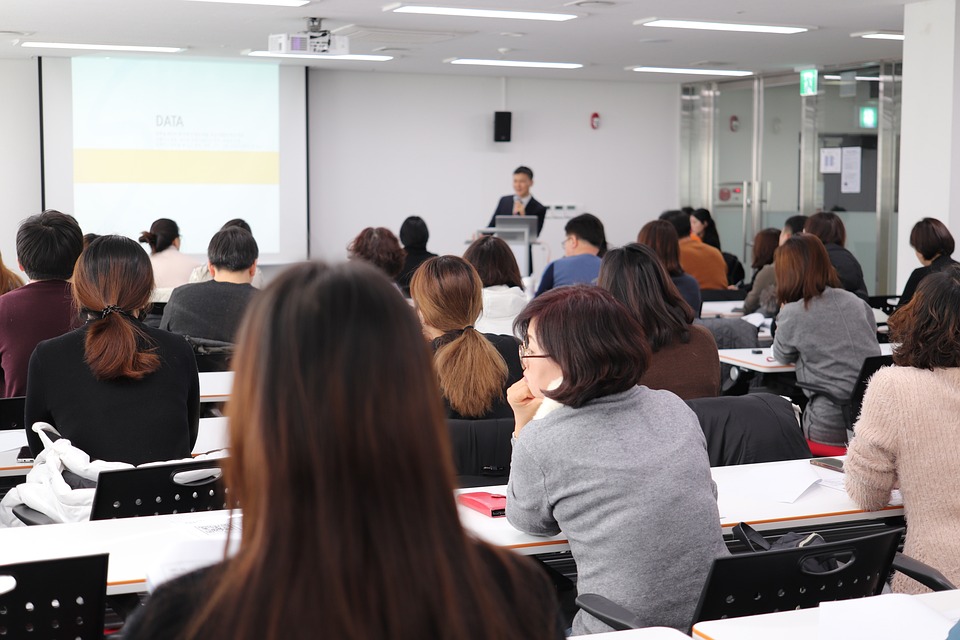Pre-School Education in New Zealand
Kids have the chance to go to kindergartens from birth and up to 5 or 6 years of age till they go to school.
At the same time, from 3 to 5 years, all kids have the chance to attend kindergartens for free as much as 20 hours per week, as it’s subsidised by the federal government.
For the rest, a baby’s kindergarten attendance costs NZ $ 7-10 per hour.

Also read:
How to Immigrate to New Zealand
6 Top reasons to study in New Zealand
Health Insurance for Refugees or Asylum Seekers Germany
Education in New Zealand
A particular feature is {that a} child can start school instantly after 5 turning years of age, and doesn’t necessarily have to attend for the beginning of the next semester.
At the same time, obligatory school education begins at 6 years of age. New Zealand colleges educate children for 12-13 years, relying on their further plans for vocational coaching.
For kids of citizens, residents and holders of work visas in New Zealand, public schools are free, and for international students, schools cost NZ $ 12,000 per year.
Higher and Vocational Schooling in New Zealand
In New Zealand, there are a number of types of universities that supply professional education for their students.
The state partially subsidises higher education, so citizens and residents of New Zealand pay only about NZ $ 7,000 per year, whereas, for international students, study prices more.
- Universities
That is probably the most prestigious and high-quality, in addition to more academic type of schooling, but also the most expensive training for foreigners, with an average price of NZ $ 25,000-35,000 per year. - State institutions; Polytechnics
That is practical and applied, as well as high quality and tested education, for international students it costs NZ $ 15,000-25,000 yearly. - Private establishments; Colleges.
That is also a practical education, normally more accessible than in public universities, apart from highly specialized universities, similar to world-class design colleges.
The cost of schooling for an international student in private universities (colleges) of New Zealand prices an average of NZ $ 8000-15000 per year.

Read also:
Health Insurance for Foreign Workers in Germany
Health Insurance for Au Pairs in Germany
Health Insurance for Freelancers/Self-Employed people in Germany
Tertiary Education Structure in New Zealand
Tertiary education is structured and divided into 10 levels. Every level implies the buildup of a certain number of Credit (analogous to the training hours for a specific subject).
For the academic year, an average of about 120 Credit is a pass. For admission to a better level, as a rule, the presence of a previous level of schooling in the same or similar professional sphere is required.
Confirmation of the passing of a topic happens in the form of a check, exam or writing Assignment (analogue of the course work).
- Certificates Levels 1-4 (40-240 Credit, 3-24 months)
Analog: initial special schooling.
Level of knowledge: basic specialised information.
Requirements for the student: accountability and ability to speak with people. - Diplomas Levels 5-6 (120-240 Credit, 1-2 years)
Analog: special schooling.
Level of knowledge: a variety of practical, technical and theoretical information used in work or study.
Requirements for the student: completed secondary schooling. - Bachelor Diploma (360-480 Credit, 3-4 years)
Analogue: bachelor’s degree or speciality.
Level of knowledge: in-depth technical and theoretical information from an expert environment or study.
Requirements for the student: accomplished secondary education and preparatory year, or 1 year on the university (12 years of study in whole). - Graduate Diplomas and Certificates Level 7 (60-120 Credits, 6-12 months)
Analogue: confirmation of qualification, twin qualification or retraining.
Level of knowledge: expertise and knowledge from a brand new professional field, however on the basis of previous education.
Requirements for the student: a accomplished bachelor’s diploma, or special schooling and work experience. - Postgraduate Diplomas and Certificates, Bachelor Degree with Honours Level 8 (60-120 Credit, 6-12 months)
Analogue: improvement of existing {qualifications} or bachelor’s diploma with distinction.
Level of knowledge: superior technical and theoretical information.
Necessities for the student: a accomplished bachelor’s degree, or special schooling and work experience. - Masters Degree Level 9 (120-240 Credit, 1-2 years)
Analogue: Master or MBA.
Level of knowledge: highly specialised superior knowledge.
Requirements for the student: accomplished bachelor’s degree and work experience. - Doctoral Degree Level 10 (360-480 Credit, 3-4 years)
Analog: professors and docs of sciences.
Level of knowledge: probably the most advanced and scientific knowledge in a professional environment.
Acquired skills: rapid comprehension of present knowledge and practices, as well as the development of new ones.
Necessities for the student: accomplished bachelor’s degree and experience in scientific research.

Check out:
Health Insurance for Guest Scientists and Researchers in Germany
Schengen Visa Insurance – Europe Health Insurance
Health Insurance for International Students residing in Germany
The way to apply for study in New Zealand?
For admission to study in New Zealand, you could get an invite from the chosen college, and then correctly draw up all the required documents for acquiring a student visa.
Kiwi Education helps with these processes without cost, so that you only need to fill out our questionnaire at the end of the article;
after which our managers will choose the very best options for you and help with all of the documents.
Other posts:
Travel Insurance for Visitors and Tourists in Germany

